Tracking Volunteer Time Off: A How-To Guide [& Template]
In today's competitive landscape, nonprofits are constantly looking…
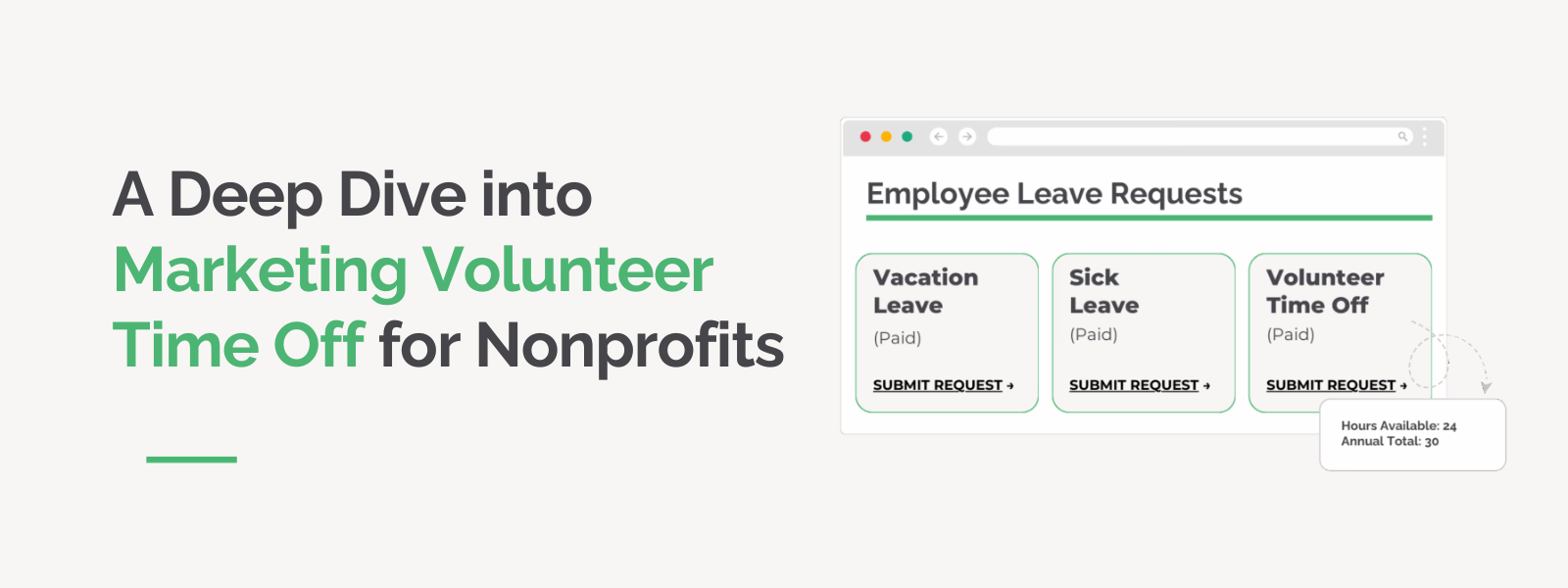
A Deep Dive into Marketing Volunteer Time Off for Nonprofits
Paid Volunteer Time Off (VTO) programs continue to gain traction…
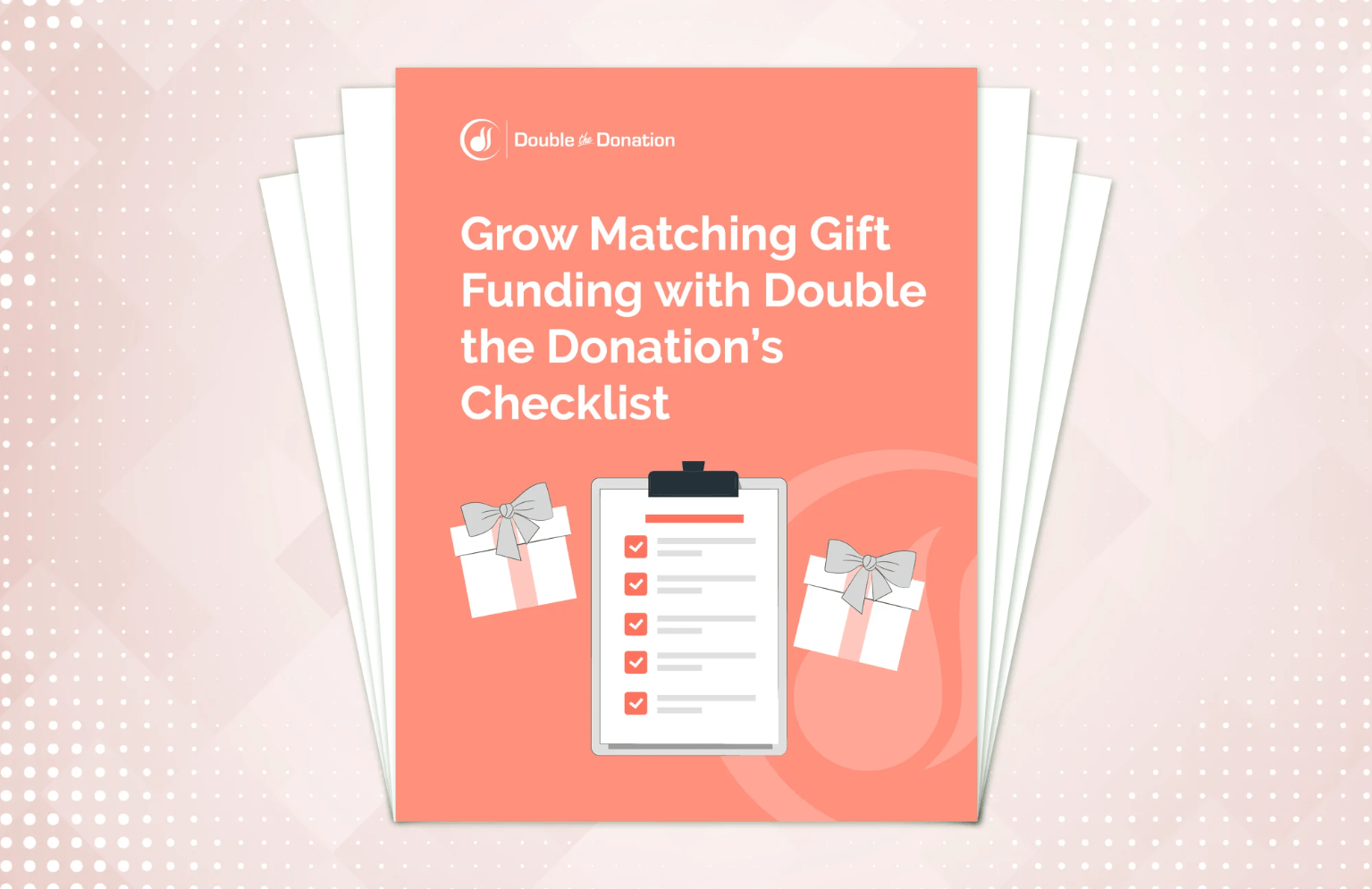 https://doublethedonation.com/wp-content/uploads/2016/04/Matching-Gift-Checklist-Download-min.png
995
1535
Adam Weinger
https://doublethedonation.com/wp-content/uploads/2025/11/DTD-horizontal-logo-300x63.png
Adam Weinger2024-05-15 17:48:262024-11-19 18:49:10[Free Download] 10 Quick Steps to Matching Gift Success
https://doublethedonation.com/wp-content/uploads/2016/04/Matching-Gift-Checklist-Download-min.png
995
1535
Adam Weinger
https://doublethedonation.com/wp-content/uploads/2025/11/DTD-horizontal-logo-300x63.png
Adam Weinger2024-05-15 17:48:262024-11-19 18:49:10[Free Download] 10 Quick Steps to Matching Gift Success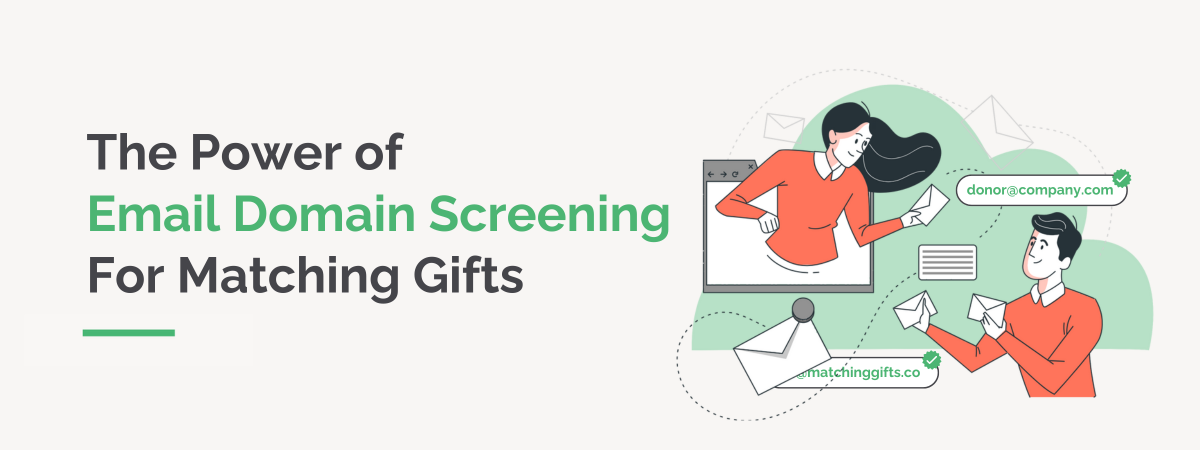
The Power of Email Domain Screening For Matching Gifts
Find out how email domain screening can bring your organization’s…
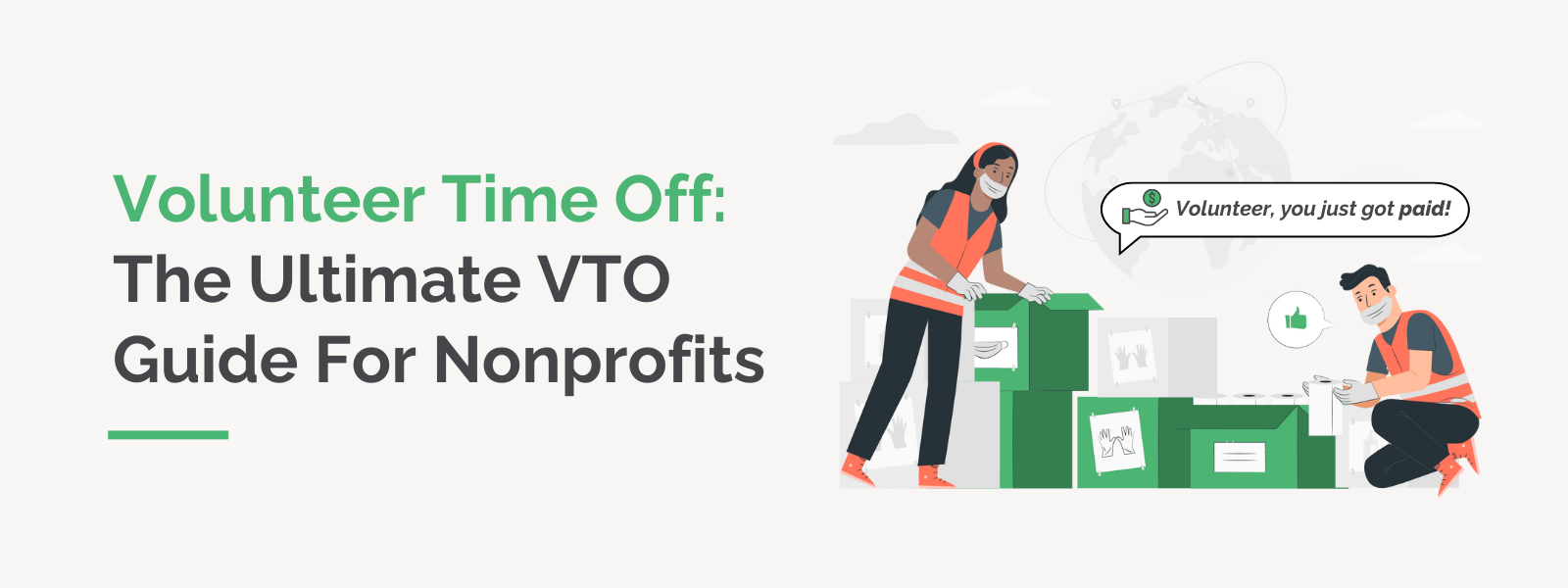 https://doublethedonation.com/wp-content/uploads/2024/05/DTD_Volunteer-Time-Off-The-Ultimate-VTO-Guide-For-Nonprofits_Feature.png
600
1600
Adam Weinger
https://doublethedonation.com/wp-content/uploads/2025/11/DTD-horizontal-logo-300x63.png
Adam Weinger2024-05-02 20:19:562025-04-15 17:21:44Volunteer Time Off | The Ultimate VTO Guide For Nonprofits
https://doublethedonation.com/wp-content/uploads/2024/05/DTD_Volunteer-Time-Off-The-Ultimate-VTO-Guide-For-Nonprofits_Feature.png
600
1600
Adam Weinger
https://doublethedonation.com/wp-content/uploads/2025/11/DTD-horizontal-logo-300x63.png
Adam Weinger2024-05-02 20:19:562025-04-15 17:21:44Volunteer Time Off | The Ultimate VTO Guide For Nonprofits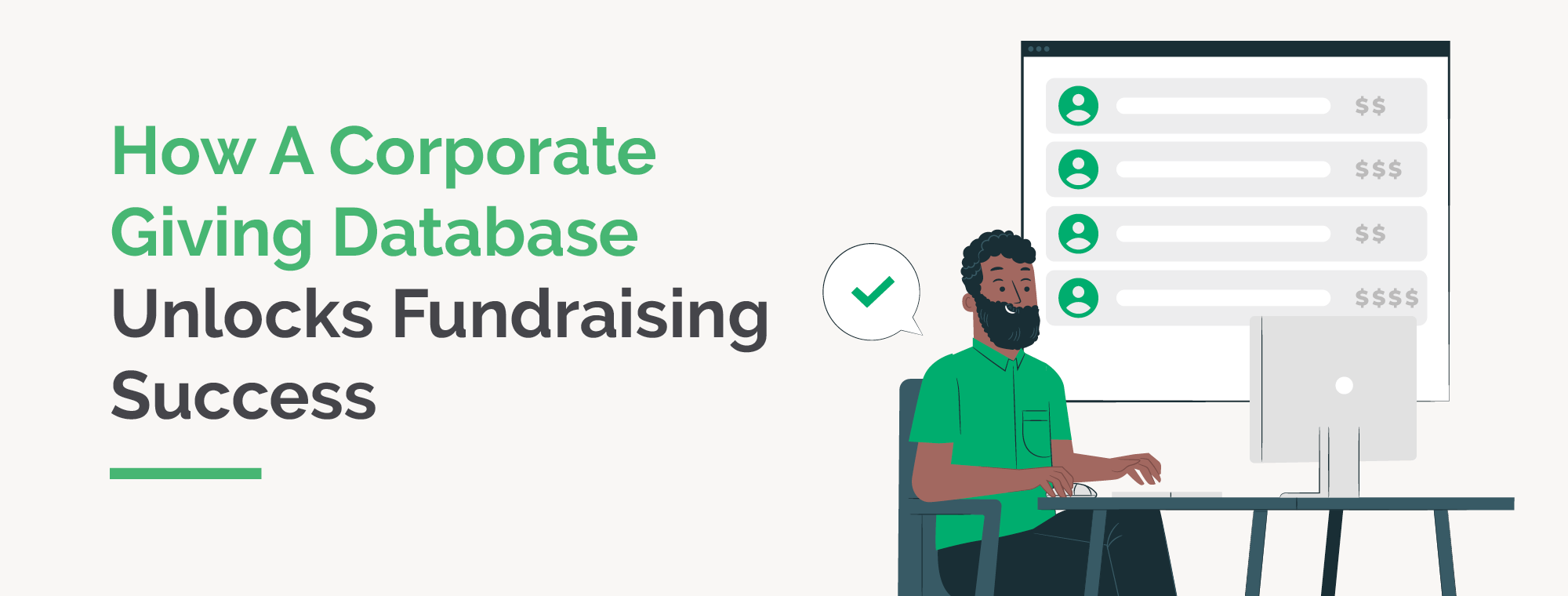
How A Corporate Giving Database Unlocks Fundraising Success
Companies gave an impressive $29.48 billion to U.S. charities…
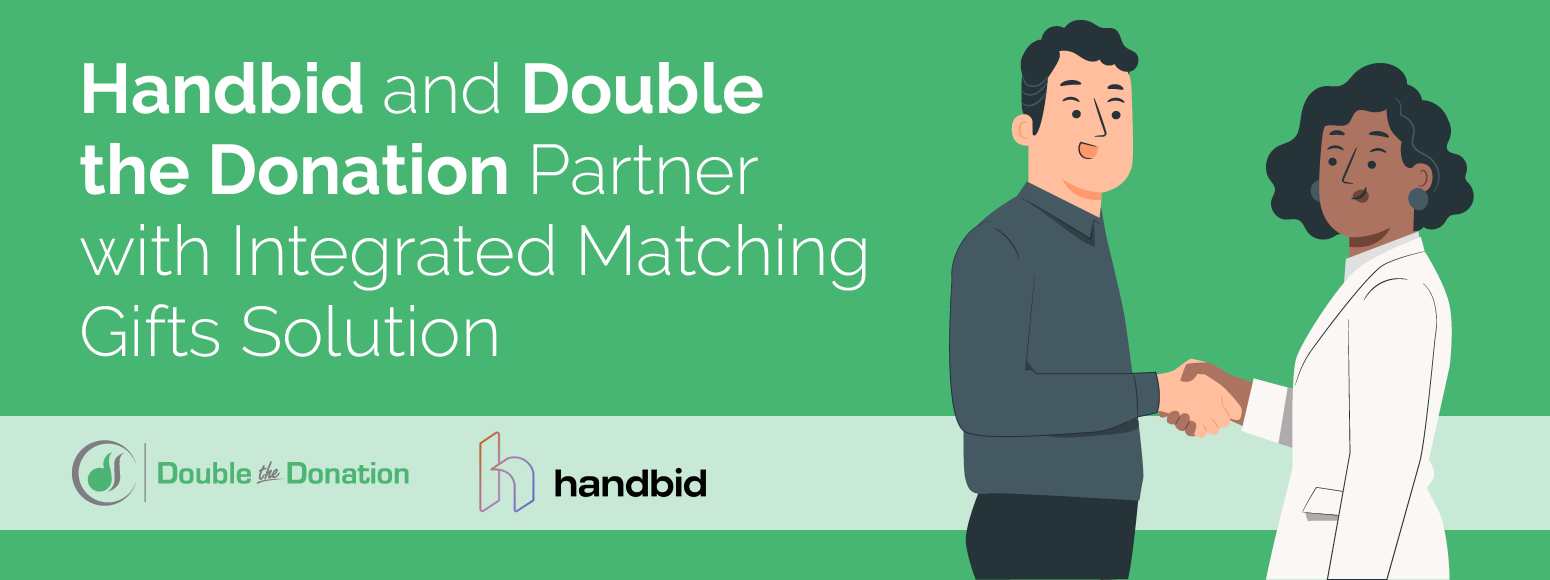
Handbid and Double the Donation Partner with Integrated Matching Gifts Solution
Handbid and Double the Donation are proud to announce a new integration…
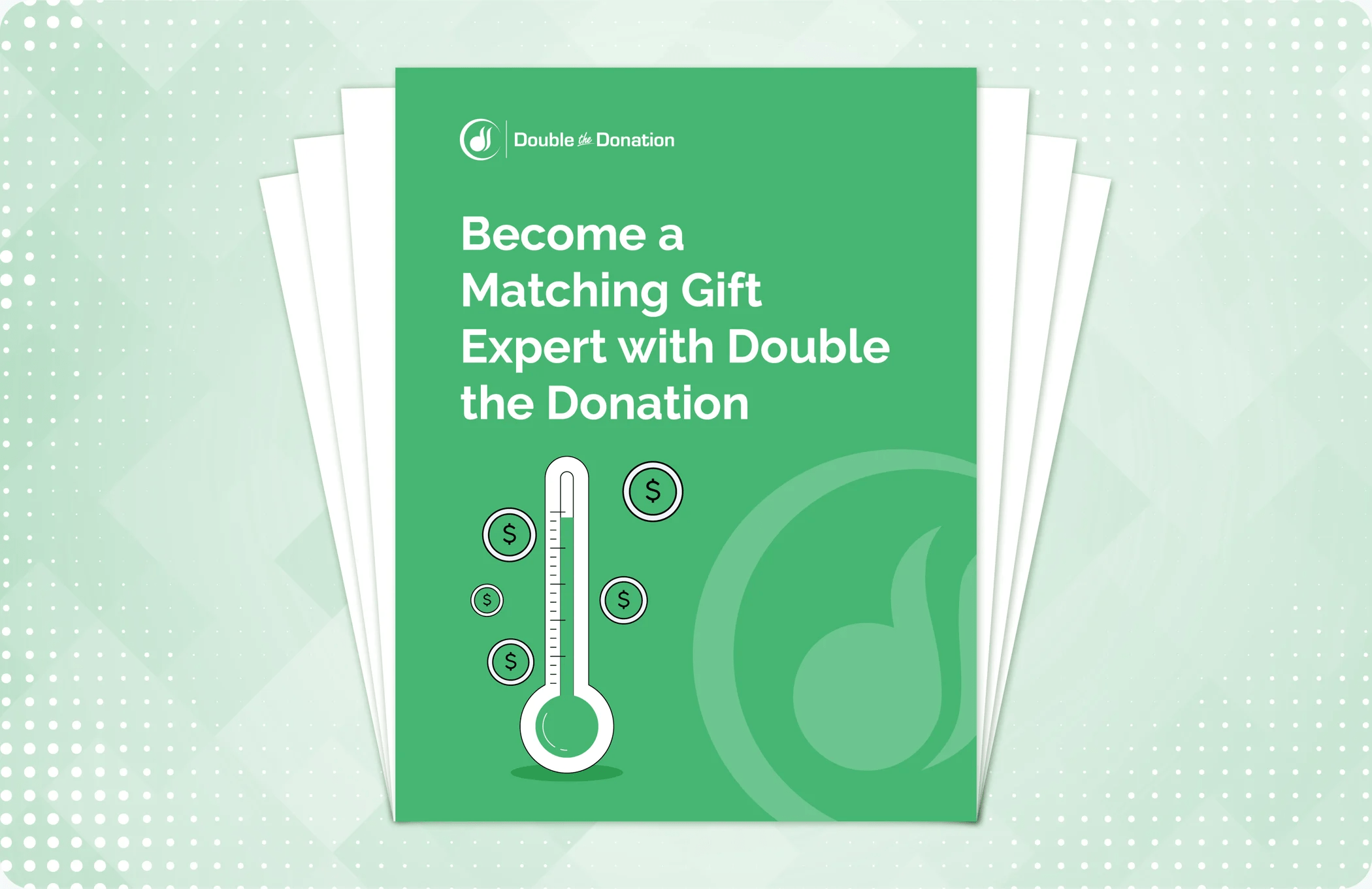 https://doublethedonation.com/wp-content/uploads/2016/04/Matching-Gifts-Download-min.png
1361
2100
Adam Weinger
https://doublethedonation.com/wp-content/uploads/2025/11/DTD-horizontal-logo-300x63.png
Adam Weinger2024-04-24 18:07:392025-07-25 12:41:59[Free Download] The Ultimate Guide to Matching Gifts
https://doublethedonation.com/wp-content/uploads/2016/04/Matching-Gifts-Download-min.png
1361
2100
Adam Weinger
https://doublethedonation.com/wp-content/uploads/2025/11/DTD-horizontal-logo-300x63.png
Adam Weinger2024-04-24 18:07:392025-07-25 12:41:59[Free Download] The Ultimate Guide to Matching Gifts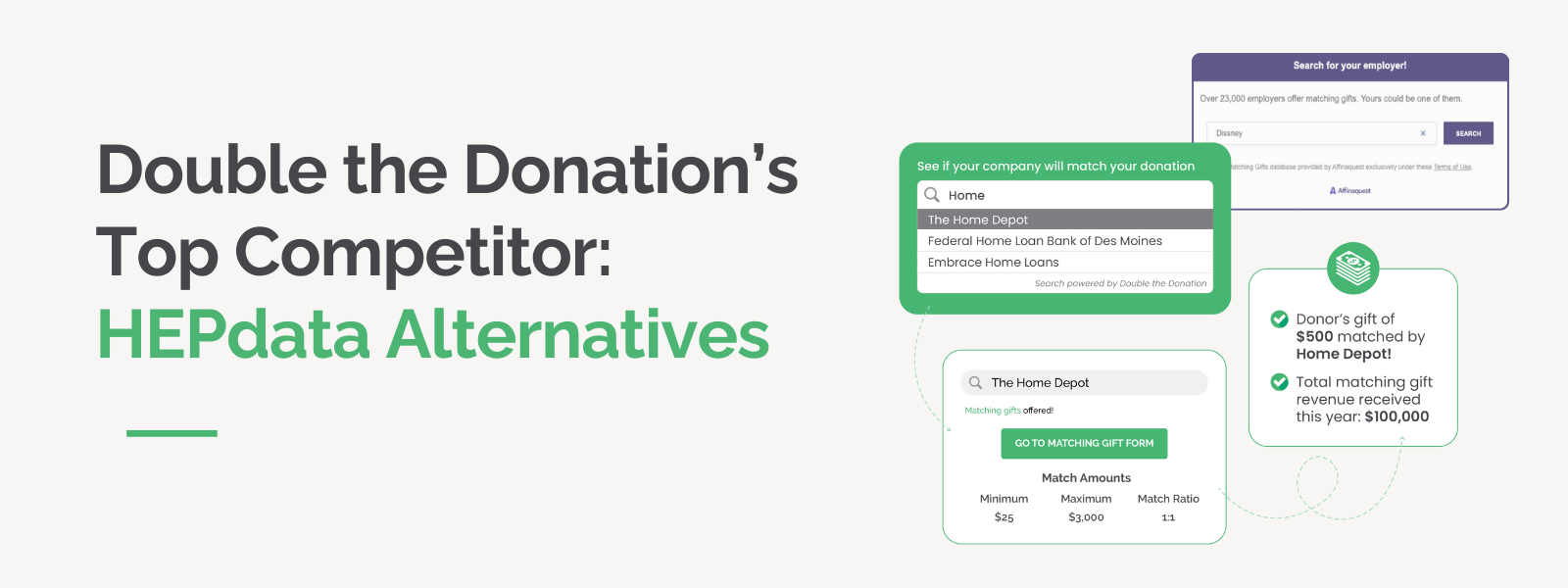 https://doublethedonation.com/wp-content/uploads/2025/04/DTD_Double-the-Donations-Top-Competitor-HEPdata-Alternatives_Feature.png
600
1600
Adam Weinger
https://doublethedonation.com/wp-content/uploads/2025/11/DTD-horizontal-logo-300x63.png
Adam Weinger2024-04-15 14:40:392025-09-18 14:03:52Double the Donation’s Top Competitor | HEPdata Alternatives
https://doublethedonation.com/wp-content/uploads/2025/04/DTD_Double-the-Donations-Top-Competitor-HEPdata-Alternatives_Feature.png
600
1600
Adam Weinger
https://doublethedonation.com/wp-content/uploads/2025/11/DTD-horizontal-logo-300x63.png
Adam Weinger2024-04-15 14:40:392025-09-18 14:03:52Double the Donation’s Top Competitor | HEPdata Alternatives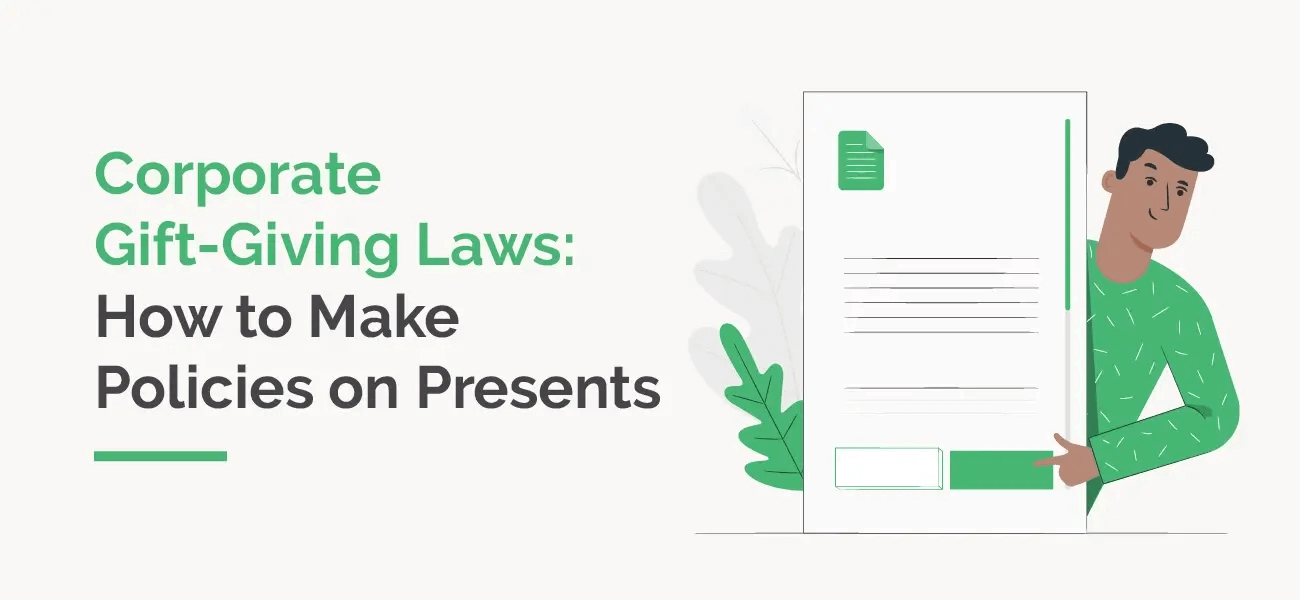
Corporate Gift-Giving Laws: How to Make Policies on Presents
Corporate leaders oversee relationship management on many fronts,…

